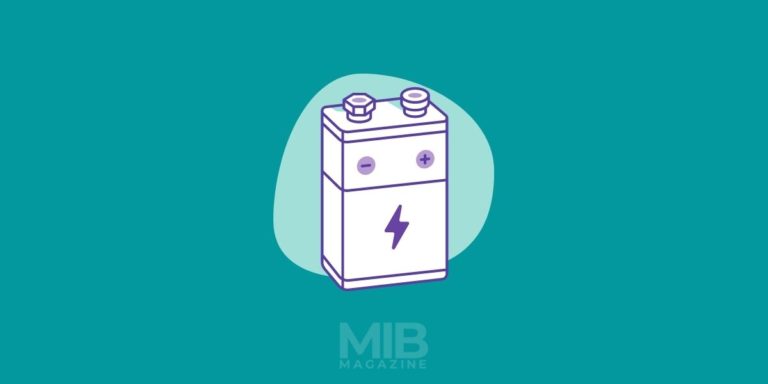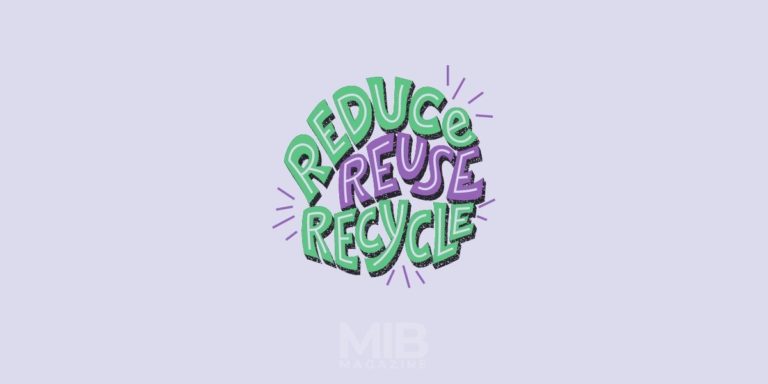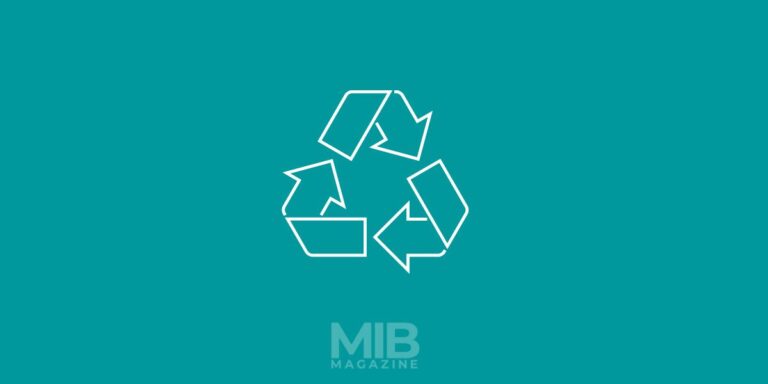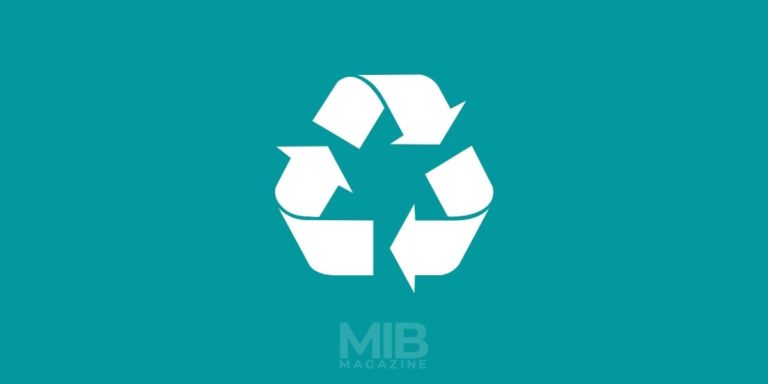How to Start a Recycling Pickup Business in 10 Steps
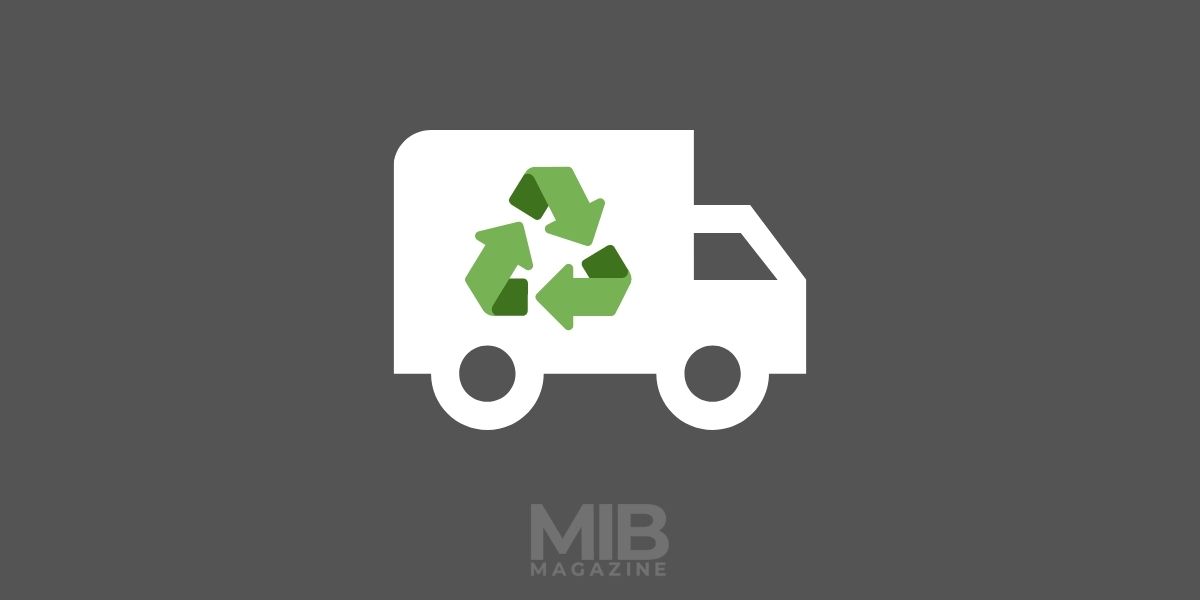
In today’s world, zero-waste living and plastic-free living are not simply trends or commonly used terms but are inevitable for society. Recycling, upcycling, and using more sustainable products are huge promises for a bright future and a beautiful Planet Earth. Hence, anyone would genuinely feel that getting into the recycling business is a highly rewarding idea.
Probably, you have already taken concrete initiatives to live an eco-friendly lifestyle. You have transformed your home into a zero-waste house and are trying to make the best use of the existing waste or waste that generates every day. However, you do not wish to limit your eco-friendly gestures to yourself. You want to encourage others to adopt the same lifestyle. No, you won’t be manipulating their minds to conform to a particular way of life, but you will be doing this with the primary intention of saving the Earth.
Finding a recycling business idea will be your priority then. And that’s why we have discussed starting a recycling pickup business idea in full length in this post. We are sure that if you do not know anything about this business idea, you will seek some valuable insights into it.
What is the Recycling Pickup Business?
First, let us understand the true meaning of this business venture. It involves collecting all the items that are discarded by people, but the same stuff can be recycled into other usable items. Often, recycling is done concerning cans, tins, bottles, paper, etc. But it is not limited to these everyday items. One can also recycle stuff such as tires, mobile phones, electronic gadgets, computers, and business commodities.
As you get into this business, you will learn that numerous items can be recycled, and you never knew about it.
Steps to Start a Recycling Pickup Business
1. Find Your Niche
There are various items that are available for recycling like scrap metals, waste papers, tyres and electronic wastes. You should focus on one item at the beginning. understand your market and get to know from where you can collect these items.
As we defined recycling business into a few sentences, you should seek maximum knowledge about this topic. Maybe you can ask a mentor for advice, read books about recycling and waste management, or attend seminars and conferences arranged by the relevant institutions.
The more knowledge you seek, the clearer you will be about your business venture. Remember that there will be competition in this business field, and you won’t be fighting alone to create your image. Hence, you will have to develop out-of-the-box ideas to keep your business unique and on track.
2. Market Analysis
You will collect the waste and sell it to the recycling companies. You have to identify the market trends and search for reliable buyer for your scraps. You should also have a clear picture in your mind about the waste collection and pickup. You can start your own scrap yard and start dumping wastes. Later on you can sell it to potential buyers.
Even if it seems easy from whom you can collect all the stuff, we suggest putting the details down on paper. Then, as you browse through your neighborhood, you can understand which houses can provide their old belongings necessary for recycling purposes. However, if you have a few recycling businesses already in your surrounding areas, you need to hunt for places where no recycling businesses are operating. Research and surveys are the best ways to know about this.
If you do not want yourself restricted to household waste, you can have schools, colleges, educational institutes, hospitals, industries on your list. In this way, you will have a regular and strong client base, and you don’t have to wonder for new clients every now and then.
Finding customers is an essential task, but including sellers on the list is challenging. And that’s how your business will earn profits. You need to know who the best suppliers are, what rates they are providing, and how you can earn a better profit margin by dealing with them. As you go through this process, you will have a ready-to-go business blueprint in front of you.
3. Get a Pickup Truck
We would have added this step in the above one, but we would like to make a special mention of this. You will need to pick a specialisation before you get into business. This will help you make revenue projections, certain equipment, and resources and plan out your course of action.
For example, if you choose to recycle old wooden furniture or heavy electronic appliances, you will need pickup vans and a workforce to do so. But if you choose to recycle paper, you might need a primary vehicle and a few staff to take care of the pickup services. Having a van will surely help for any niche of the recycling business. However, for heavy stuffs, you have to be careful with the kind of vehicle you have. You can either borrow one, or rent one, or buy it on loan.
Similarly, you can figure out that paper recycling or recycling of everyday items is rewarding but does not give better returns in the case of electronic waste recycling. Hence, keep in mind your profit margins when you choose a specific niche.
4. Draft a Business Plan
While business planning, you need to be realistic and not idealistic. If you miss out on the business planning stage, you will never be able to run your business smoothly. Hence, seek expert advice or purchase a business planning software or simply get a piece of paper and pen and write down your business plan.
5. Register Your Business
A recycling pickup business needs to take the legal form, or else it will have no value, and you will be prohibited from carrying out business operations. No matter how your business is saving the planet and your intentions are noble, you cannot miss out on the registration formalities of business incorporation.
Consult a lawyer or hire a business consultant to understand and go through the registration formalities easily. Subsequently, you can request funds from the banks and financial institutions to raise requisite capital. The type of business structure will dictate this. Apart from raising enough capital, a suitable business structure will also help you determine tax liabilities, ownership, business management, and other vital parameters.
6. Cost Estimation
It is daunting to determine the costs involved in a recycling business as you will be dealing with unwanted staff and not the brand-new ones. Moreover, each recycling collection agency has its own pricing structure, and some of them might be promising while others will not be even at par. Depending on the niche of your business, you can determine costs for pickup vehicles, staff, and small scrap yard as per your requirements.
While determining the setup costs, do not forget the costs of promoting the business. Even fliers or business cards will do the job, but you have to spend a nominal amount towards it. Accounting for these costs will help, but ensure that you add them to the cost statement.
Even if it sounds like a typical pickup business, you ought to be active online. Hence, add the costs of setting up a full-fledged website to your list. Social media and email marketing are free and effective options, and you ought to harness it.
7. Location Selection
Select a target location for your recycling pickup business. You will dump all scraps at this location. It should not be too far from the recycling companies where you will sell these items. City outskirts is suitable for this kind of scrap yards.
8. Start Collection of Recycling Products
You will pickup recycling wastes from factories, schools, colleges, restaurants and tyre scrap yards. Prepare a list of potential places that you can approach for waste collections as per your niche market. Start collecting and dumping in your scrap yard.
9. Sell it to Potential Buyers
Look for recycling companies in your locality as per your niche market. Approach them and get a price quote and minimum order value. Start taking orders and deliver it to the recycling companies.
10. Grow your Business
Marketing your business with the help of social media and other offline methods. You can use FB and Instagram ads to target specific audience in your locality.
We hope the above starting-up guide is helpful for you to initiate a recycling pickup business.
FAQs
Generally, materials that are accepted for recycling include paper, cardboard, plastic, glass, metal, and electronics. Depending on the recycling facility or local recycling program, additional materials such as textiles, batteries, and garden waste may be accepted.
Setting up a recycling business involves researching local, state, and federal regulations; selecting a business structure; obtaining permits, equipment, and other logistics; and building customer relationships.
Researching customer demands and trends in the local and regional market will help understand what recycling services are most desirable and available.
Startup costs can vary depending on factors such as the number of collection sites needed, the type of materials collected, and the size of the business. Common costs include transportation and collection equipment, permits, licenses, and insurance.
Depending on the area, possible licensing requirements include waste disposal facility or hazardous waste disposal, recycling facility, commercial operation, and any applicable local permits.
Depending on location and applicable laws, labor regulations can apply to size of business, workforce classification, and wages. Contacting a local business lawyer will help understand which regulations apply.
Developing an marketing strategy including online and print marketing materials, social media, and customer referrals can help attract clients and promote services.
Safety is an important factor when running any business, especially one dealing with hazardous materials. Acquiring proper protective clothing, equipment, and safety training for employees ensures a safe work environment.
Government policies and incentives can vary by state and locality, including tax credits or exemptions, grants, and other assistance. Contact the appropriate local or state agency to understand which policies or incentives are available in the local area.
Other considerations include creating a system for handling customer requests and complaints, insurance coverage, and recording and reporting waste disposal data.


